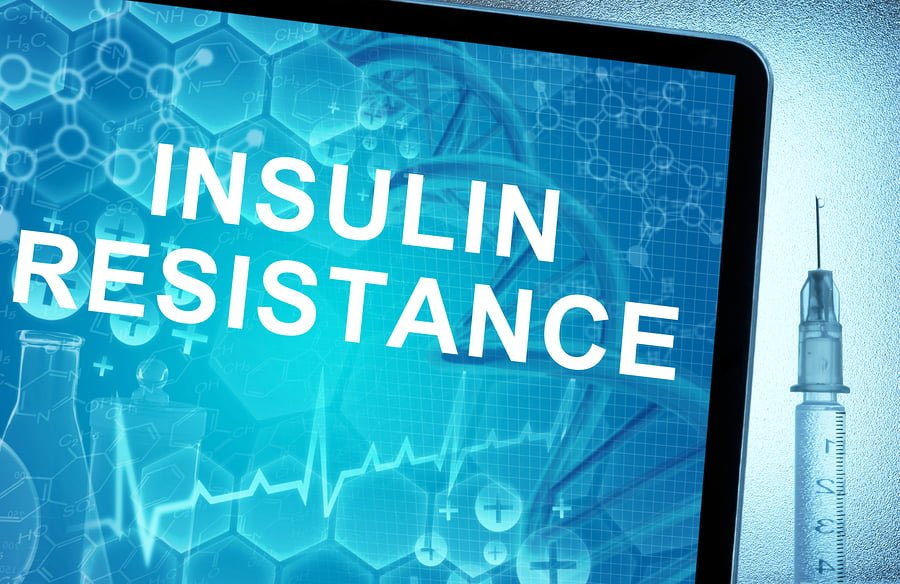Insulin Resistance in Pregnant Mothers Puts Child at Risk for Future Metabolic Disorders


One in three Americans today have insulin resistance—a metabolic disorder where the body produces insulin but does not use it effectively. Because insulin’s job is to maintain normal blood glucose levels, the inability of the body to use insulin correctly leads to a build up of glucose in the blood. This eventually leads to diabetes. Insulin resistance is a precursor to a number of dangerous disorders including heart disease and cancer. Even more frightening is the growing proportion of women at childbearing age who have this metabolic disorder. According to recent research done at Harvard Medical School in Boston, Massachusetts, insulin resistance in pregnant mothers can be detrimental to the health and metabolic function of their offspring.
Recent Research
Using a mouse model, researchers at Harvard Medical School gained insight into the effects of maternal insulin resistance on the metabolism of their offspring. During pregnancy, mothers go through a number of physiological changes in order to better support their developing fetus. One of these changes is the increased levels of insulin, and decreased levels of glucose in the blood. In an insulin resistant mother, these changes do not occur. Instead, both levels of insulin and glucose continue to build up in the mother’s blood, directly effecting her unborn child.
Researchers discovered that young mice being born to insulin resistant mothers showed changes in pancreatic development, including a decrease in insulin producing cells. This alone sets the stage for a lag in insulin production and eventual diabetes. Offspring of insulin resistant mothers were also born smaller, then later experienced a period of “overgrowth” where they rapidly gained fat mass and surpassed the weight of the control group. Shortly after birth they displayed higher plasma glucose and insulin levels, an early sign of insulin resistance. These detrimental effects seen in the mouse model suggest similar implications for human infants and children. In other words, insulin resistance in pregnant mothers will lead to insulin resistance, obesity, and likely subsequent metabolic disorder in their offspring. Risk factors for insulin resistance in mothers includes excess weight and physical inactivity.
You Might Also Like:
- Reduce Risk of Gestational Diabetes With Good Health Before Pregnancy
- Clues to How Heavy Drinking While Pregnant Could Harm Child’s Brain
- Fried Foods Could Cause Elevated Risk of Diabetes in Pregnancy
